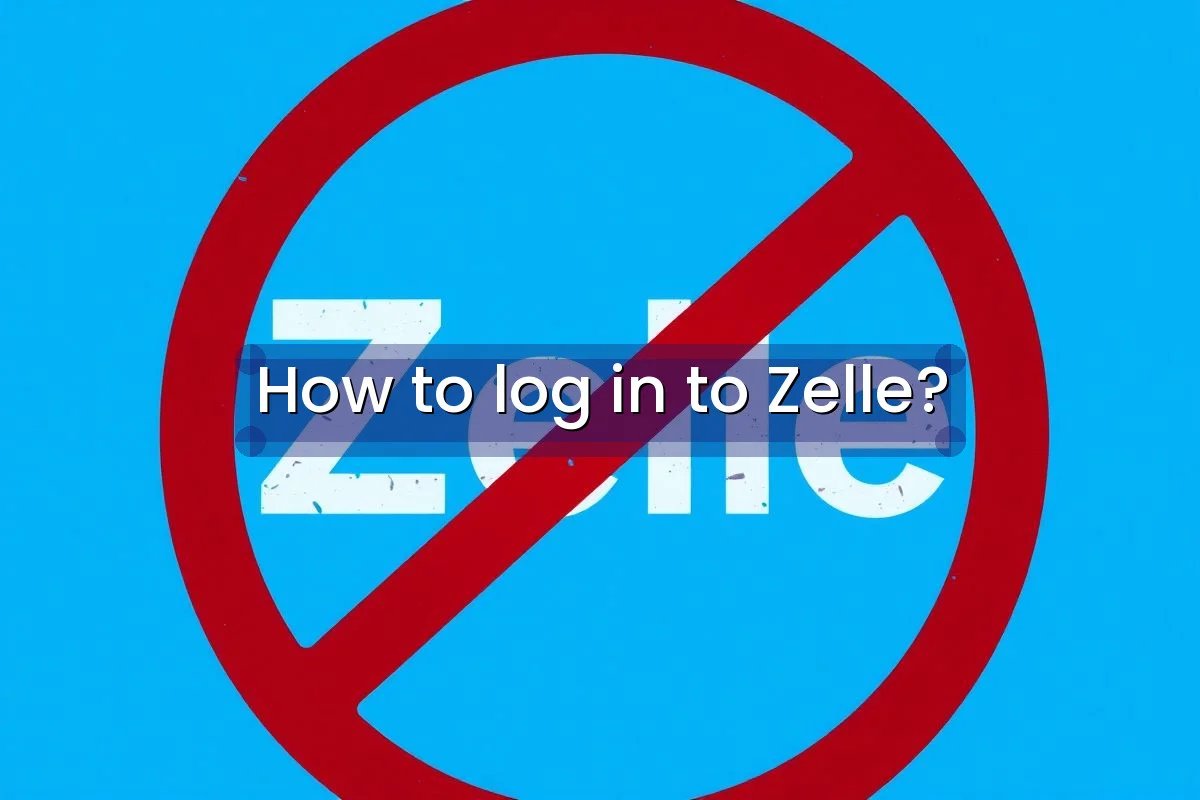In today’s fast-paced world, sending and receiving money should be quick and easy. Zelle offers exactly that, providing a seamless platform for transferring funds directly between bank accounts. But before you can start enjoying the convenience of Zelle, you need to know how to access your account. This comprehensive guide will walk you through the various ways to log in to Zelle, troubleshooting common issues, and answering frequently asked questions.

Accessing Your Zelle Account
Logging in Through Your Bank’s App or Website
For many users, the simplest way to access Zelle is directly through their bank’s mobile app or website. Most major financial institutions have integrated Zelle directly into their online banking platforms. This integration provides a secure and convenient way to manage your Zelle transactions alongside your other banking activities.
To log in through your bank, simply open your bank’s app or visit their website. Look for a clearly marked Zelle icon or tab. Clicking this will typically take you directly to the Zelle interface. You will then use your existing online banking credentials – your username and password – to access Zelle. No separate login is required.
This integrated approach simplifies the login process and enhances security. Since you’re already logged into your bank’s secure system, there’s no need to remember a separate set of login details for Zelle. This reduces the risk of forgetting your password or exposing your credentials to unauthorized access.
Using the Zelle App
If your bank doesn’t offer Zelle integration, or if you prefer a standalone app experience, you can download the Zelle app directly to your smartphone or tablet. The Zelle app is available for both iOS and Android devices and provides a user-friendly interface for managing your transactions.
After downloading the app, you’ll need to enroll your U.S. mobile number or email address. You’ll then link your debit card to your Zelle account. Once enrolled, you can log in using your registered mobile number or email address and the password you created during enrollment.
The Zelle app offers a convenient way to send and receive money on the go. It provides notifications for transactions, allows you to easily view your transaction history, and offers a streamlined interface for adding and managing recipients.
Troubleshooting Login Issues
Forgotten Password
Forgetting your password is a common occurrence. If you’ve forgotten your Zelle password through your bank’s app or website, you’ll need to follow your bank’s password reset procedures. This usually involves clicking a “Forgot Password” link and following the instructions to reset your online banking credentials.
If you’re using the standalone Zelle app and have forgotten your password, you can reset it directly within the app. Tap the “Forgot Password” option on the login screen and follow the prompts to reset your password using your registered mobile number or email address.
Remember to choose a strong and unique password that is difficult for others to guess. A combination of uppercase and lowercase letters, numbers, and symbols is recommended for optimal security.
Incorrect Login Information
Repeatedly entering incorrect login information can sometimes lock your account. If you’re sure you’re entering the correct details but are still unable to log in, double-check for typos and ensure that your Caps Lock key is not enabled. If you’re using the Zelle app, make sure you’re using the correct registered mobile number or email address.
If you’re still experiencing issues, try clearing your browser’s cache and cookies, or reinstalling the Zelle app. If the problem persists, contact your bank’s customer support or Zelle support for further assistance.
They can help you troubleshoot the issue and regain access to your account. It’s also important to ensure that your device’s operating system and the Zelle app are up to date to avoid compatibility issues.
Understanding Zelle Limits and Fees
Transaction Limits
Zelle often imposes limits on the amount of money you can send or receive within a specific timeframe. These limits vary depending on your bank and are designed to protect users from fraudulent activity.
To understand your specific transaction limits, refer to your bank’s Zelle terms and conditions or contact their customer support. Being aware of these limits will help you avoid any transaction failures or delays.
Keep in mind that exceeding your transaction limit may result in your transaction being declined. Understanding these limits is crucial for effectively managing your Zelle transactions.
Associated Fees
Zelle itself does not charge any fees for sending or receiving money. However, your bank may charge fees for certain transactions, such as international transfers or expedited payments. It’s important to review your bank’s fee schedule to understand any potential costs associated with using Zelle.
While Zelle aims to provide a free service, always confirm with your bank to avoid any unexpected charges. Transparency in fees is essential for maintaining a positive user experience.
Understanding your bank’s fee structure will help you make informed decisions about using Zelle and avoid any unforeseen expenses.
